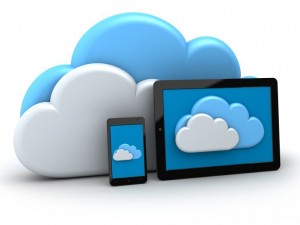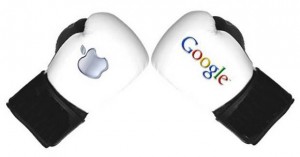Using the Latest Technology to Increase Productivity
Part of maintaining a competitive edge in business is making sure you are keeping up to do with the latest technology. The right network and infrastructure can dramatically increase the efficiency of your employees and your company. That said, here are some infrastructure-enhancing technologies that can revolutionize the way your company does business:
- High Performance Mobile Networks:With over half of all workers using their phones to access work-related content, it is important to have a solid phone and network that will be there when you need it.
- Social Networking: Interact and target your audience using social media to drive sales and raise awareness for your brand.
- Cloud Computing: Access your data anywhere with cloud computing technology. Increasing your productivity, data security, and efficiency, you should look into adopting software like Google Drive or Dropbox for your company.
Technology is core to keeping a business up to date. Adopting the technologies above will make for happier employees who are able to effectively do their job by empowering them to effectively manage their data and target your appropriate audience.






